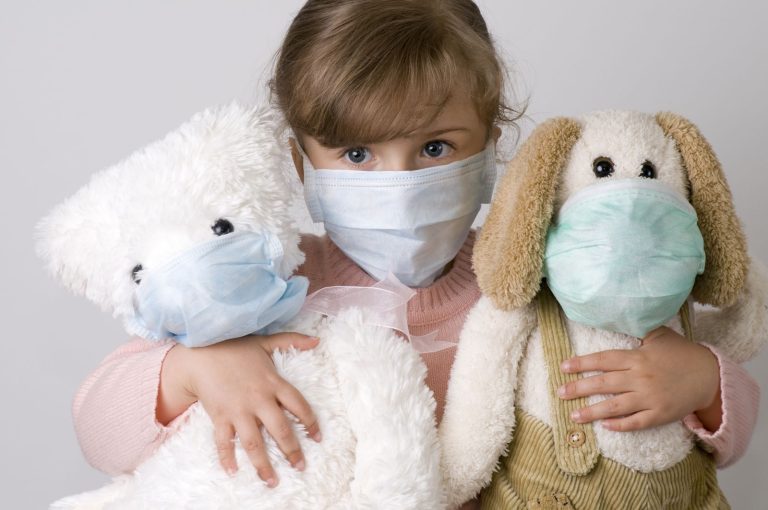In a recent report by the Royal College of Physicians and the Royal College of Paediatrics and Child Health, two prominent UK health organisations, it has been stated that indoor air pollution may indeed have played a contributing factor in the death of almost 100,000 individuals across Europe over the course of 2012 – a concerning figure to say the very least. In the report, direct reference is, in fact made to the impact of indoor air quality on the health of everyday people and the way in which this can impact a person’s health, and subsequent premature death. This, in and of itself, is considered to be vastly disparate from the majority of reports already publicised in the media where only outdoor contaminants and air-pollution concerns are considered. Yet, with both of the organisations jointly calling out for a greater understanding, and look into the key risks of poor indoor air quality, combined with how increased level of air tightness are playing a factor in this arena. In fact, it has been reported that some 40,000 deaths each year can be attributed to air pollution, either indoor or outdoor, and is actually currently costing the economy around £20bn. Additionally, as well as increasing the risk of premature death rates, there is also evidence to the case that poor air quality can impact the health and intelligence of young children, thus impairing their future growth and development. Of the aspects which we can attribute the cause of some of these pollutants, the most prominent appear to be products such as faulty boilers, gas cookers, heaters and even chemicals present within new items of everyday household use, such as furniture, air fresheners and cleaning products. With dust mites, mould and dander from pets all also contributing to the mix, there are rising concerns around health problems inside buildings which may well perhaps be “too well” sealed.





